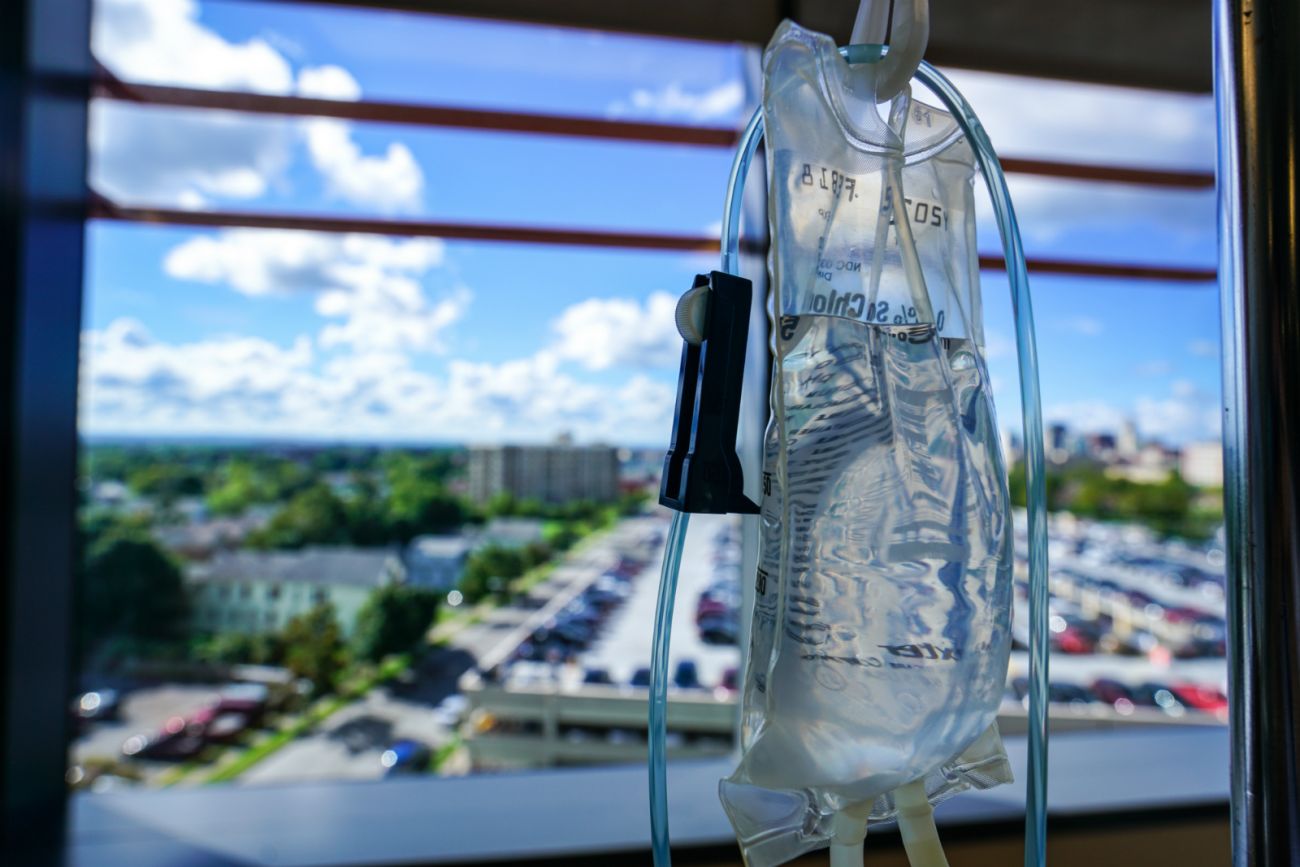Roswell Park-led analysis shows 50% improved survival for patients after 5 years
- Patients with small tumors of this type typically not offered chemotherapy
- Research team analyzed data on more than 10,000 people with cancer
- Survival improved by 50% in patients who received chemo as part of treatment
BUFFALO, N.Y. — A sizable subset of people with breast cancer, those who have small tumors and a favorable hormone-receptor profile but one notable risk factor — they test positive for a protein associated with more aggressive tumor growth — often are not offered chemotherapy as part of their recommended treatment strategy. But a new analysis led by physicians at Roswell Park Comprehensive Cancer Center, published in JAMA Network Open, shows that some patients with small node-negative breast tumors that test positive for both the hormone receptor (HR) and ERBB2, also known as HER2/neu, proteins could benefit from chemotherapy in addition to surgery, radiation and endocrine therapy, also known as hormone therapy.
Led by Sung Yun Ma, MD, a resident physician at Roswell Park, the study is the first of its kind to find an association between positive outcomes and chemotherapy for breast cancers between 8 mm and 10 mm in size. The findings, based on data on more than 10,000 patients from around the country and reported through the National Cancer Database, indicate significantly improved overall survival among those patients who received chemotherapy.
“We know that, in general, patients with this particular subset of hormone-receptor-positive breast cancers should get chemotherapy, but all the studies showing the benefits of chemotherapy included patients with large cancers,” says Anurag K. Singh, MD, Director of Radiation Research and Professor of Oncology. “The question remained whether chemotherapy was worth it for smaller tumors, given the typical side effects such as hair loss and increased nausea. So for these patients who have one risk factor, is there a benefit for the addition of chemotherapy? We found that there is a statistically significant benefit.”
The team’s retrospective epidemiologic analysis shows that risk of death within five years decreased by approximately 50% among people with small tumors of this type who received chemotherapy.
“For breast cancer, small differences become really important, and careful stratification allows us to do graduated decision-making,” notes Oluwadamilola T. Oladeru, MD, a resident physician at Massachusetts General Hospital Cancer Center who greatly contributed to this work. “Now we can say to the patient with a small tumor, ‘Here’s what happened with 10,000 other patients,’ and quantify the benefit for getting chemotherapy in their group.”
This work was supported in part by Roswell Park’s core grant from the National Cancer Institute (project no. P30CA016056).
###
Roswell Park Comprehensive Cancer Center is a community united by the drive to eliminate cancer’s grip on humanity by unlocking its secrets through personalized approaches and unleashing the healing power of hope. Founded by Dr. Roswell Park in 1898, it is the only National Cancer Institute-designated comprehensive cancer center in Upstate New York. Learn more at www.roswellpark.org, or contact us at 1-800-ROSWELL (1-800-767-9355) or ASKRoswell@RoswellPark.org.
Annie Deck-Miller, Senior Media Relations Manager
716-845-8593; annie.deck-miller@roswellpark.org
